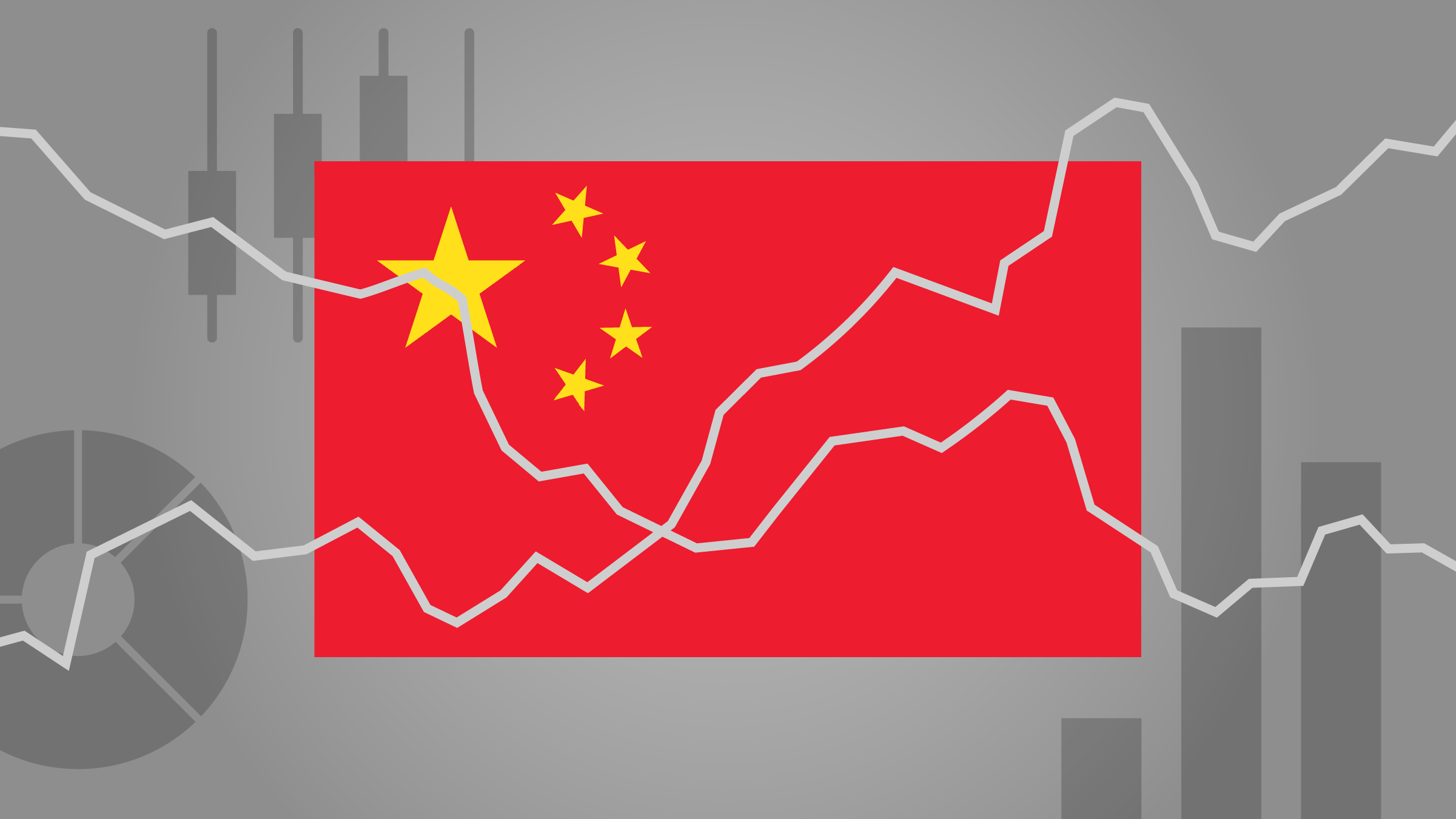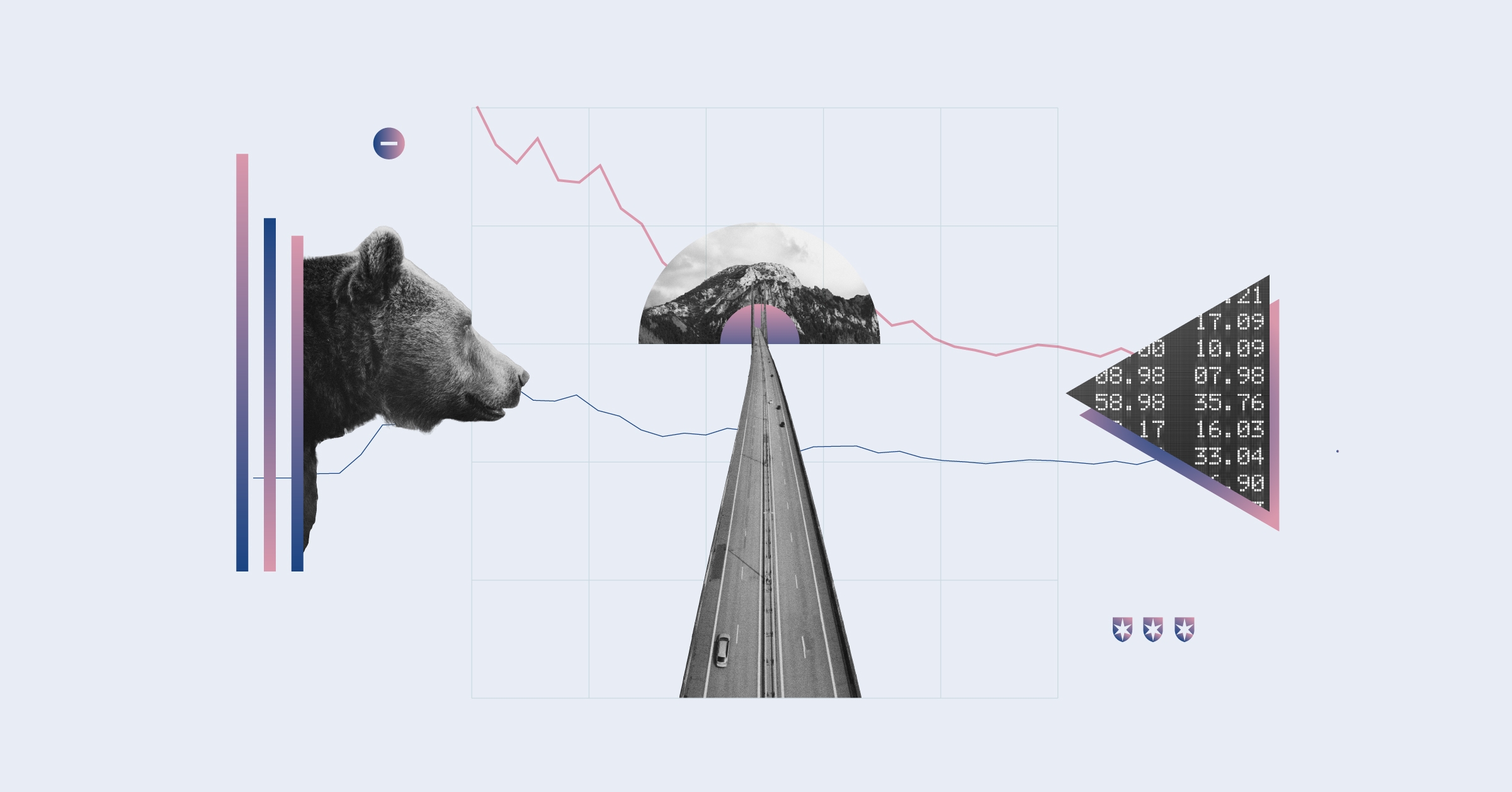Morningstar equity analysts are removing Diageo (DGE) from our Best Ideas list. While we still expect a longer-term volume turnaround, alongside the move towards more expensive premium products that will be a significant long-term tailwind for all global distillers. Shares now trade at only a slim discount to our fair value estimate, limiting the margin of safety for investors.
The Morningstar Rating for stocks identifies stocks trading at a discount or premium to their intrinsic value. Five-star stocks sell for the biggest risk-adjusted discount whereas one-star stocks trade at premiums to their intrinsic value. Based on a fundamentally focused methodology and a robust, standardised set of procedures and core valuation tools used by Morningstar's Equity Analysts, four key components drive the Morningstar Rating; assessment of the firm's economic moat, an estimate of the stock's fair value, uncertainty around that fair value estimate, and the current market price.
The best stocks from around the world which score highly on these measures join the analysts’ best ideas list.
Kingfisher Remains a Top Stock
The only UK-listed stock on the Morningstar equity analysts’ best ideas list is DIY retailer Kingfisher (KGF). We think do-it-yourself retailers possess structural advantages against the encroachment of online competition in some categories, given the big-ticket nature of room re-modelling, the inefficiency of shipping heavy items, and the emergency nature of some DIY purchases.
We think these give Kingfisher a narrow economic moat. For most of 2015, the business underperformed our expectations for its normalized growth algorithm, but catalysts in its two core markets in the form of lower stamp duty in the United Kingdom and capital gain tax relief in France should boost housing transactions and prices in 2016, two of the critical drivers of home-improvement industry sales.
Apple Stock Sell-off Pushes Tech Giant onto List
The recent market sell-off has provided investors with an attractive margin of safety in narrow-moat Apple (AAPL) as compared with our $133 fair value estimate. By our calculations, Apple appears to be priced as if 2015 was a peak revenue year for the iPhone, despite the firm's strong competitive position in the still-growing smartphone market and hearty smartphone market share gains over the past 12 months.
We view the China market as Apple's biggest growth driver for fiscal 2016 and beyond. Our primary concern is whether a true economic meltdown will occur in that region and drive upper- and middle-class Chinese consumers to opt for lower-priced smartphones or perhaps hold on to their current iPhones longer.
Barring this type of severe economic recession in China, we believe slower iPhone growth in China is more than priced into Apple's stock at recent levels. Semiconductor suppliers into China have suggested that demand in China has softened but has not reached any sort of crisis mode. We will continue to monitor the health of the Chinese economy, but shares appear undervalued, especially with $26 per share of net cash on hand.
Compared with the 45% sell-off in Apple's stock from September 2012 to April 2013, we view Apple as in a much better competitive position today, while we can also make a stronger case for a valuation floor. In 2012 and 2013, we saw Apple concede some share to Samsung, while we also weighed concerns that Android would win out as the sole ecosystem of choice for developers and consumers, similar to Windows' dominance in PCs.
Meanwhile, bearish investors cited concerns about Tim Cook's leadership, innovation within the company, and frustration from Apple's failure to distribute cash to shareholders. Today, Apple has gained premium smartphone market share and built a sustainable mobile computing ecosystem, while the leading Android-based firms appear to be only winning at the middle and low end of the market.
Meanwhile, Apple has exhibited clear innovation in hardware – the Apple Watch, software, and services – Apple Pay, under Cook's leadership, while it now offers a 2% dividend yield and has a $50 billion stock-buyback program in place. Combined with our narrow-moat thesis, where switching costs around iOS will help Apple retain a good portion of its user base over time, we continue to like Apple's prospects and view the stock's sell-off as a bit overdone.































